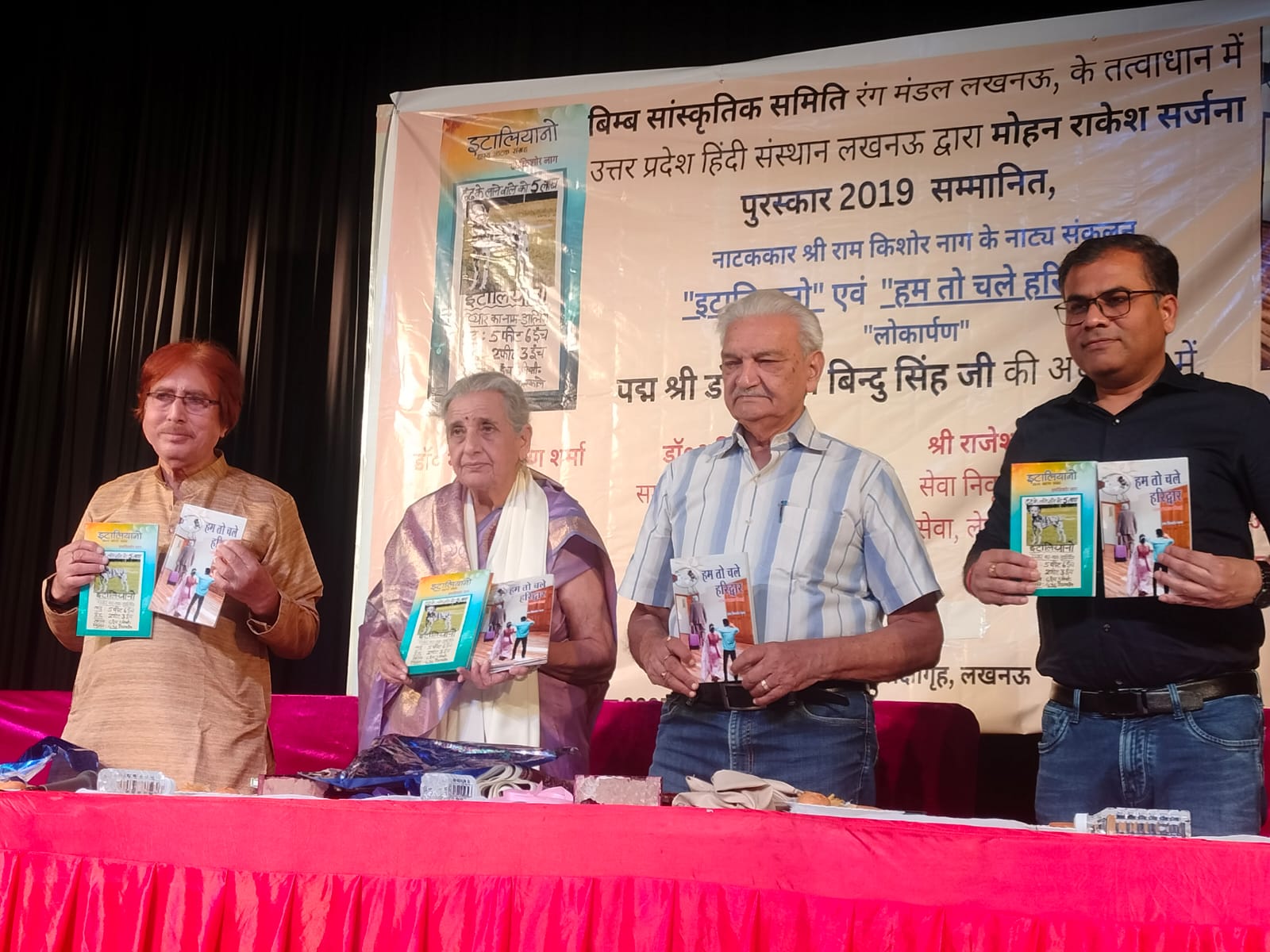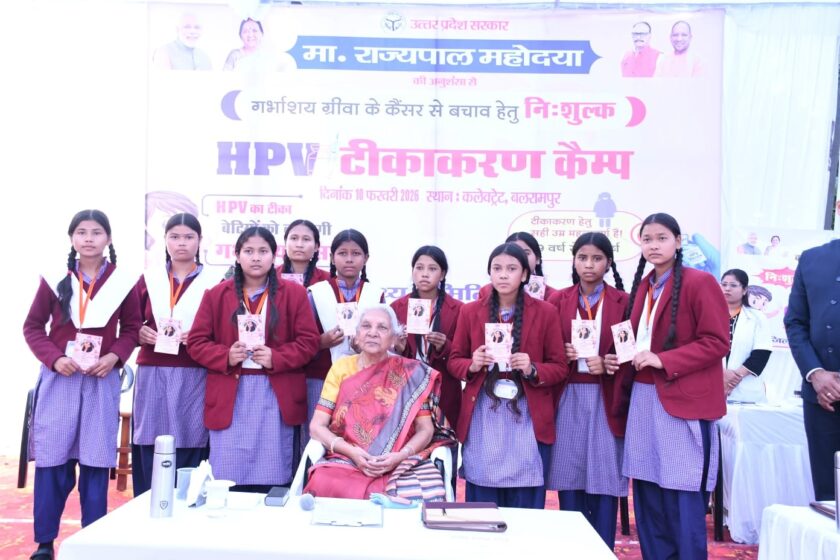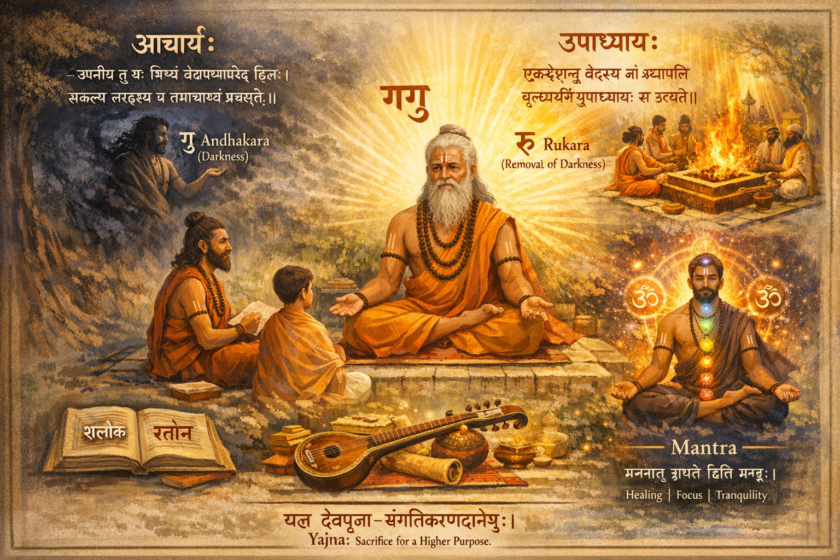Lucknow: In a vibrant ceremony held at Bali Hall, two celebrated collections of humorous plays by renowned playwright Ramkishore Nag—“Italiano” and “Hum To Chale Haridwar”—were officially released. The event saw the presence of Padma Shri Dr. Vidyavindu Singh, actor Dr. Anil Rastogi, and Divakar Mani, Assistant General Manager of SBI, who collectively unveiled the publications.
In his inaugural address, Dr. Vidyavindu Singh emphasized the relevance of comedy in today’s challenging times, noting that humorous plays not only entertain but also reflect societal issues and offer subtle insights toward their resolution. “In an era fraught with stress and tension, comedy theatre has become increasingly significant,” he remarked.
The program, organized by Bimb Cultural Committee and conducted by Naval Shukla, also featured insights from Dr. Anil Rastogi, who traced the evolution of comedic plays from the era of Ramesh Mehta and Satish De to contemporary works, praising Nag’s plays as stage-worthy creations. He highlighted that writing and performing comedy both pose unique challenges, noting Nag’s recognition with the Mohan Rakesh Award.
Divakar Mani elaborated on the traditional maxim “Kavyeshu Natakam Ramyam Ukti”, emphasizing that dramatic literature educates society while entertaining. Writer Gopal Krishna Sharma Mridul appreciated Nag’s deft use of satire alongside humor in his works, noting how the playwright skillfully blends laughter with social commentary.

Nag expressed gratitude and shared details about his literary journey. The newly launched collections each include three unique prahans (short comedic plays). Over his career, Nag has penned 46 short and full-length plays, covering diverse themes such as Mamata, Rang Number, Bangla Number 302, The Contract, Bakri Ki Maut, Satyadev, Kaidi Suraj Ki Wapsi, Speed Breaker, Riste Rishte, Kabir Ek Dhruv Tara, Ghaulu Pandit, and Mujhe Maut De Do, most of which have been staged. His earlier play collection, “One Two Ka Four”, has also been published.
The event celebrated not only the release of these works but also the enduring relevance of comedy as a tool for both entertainment and reflection in contemporary Indian theatre.










